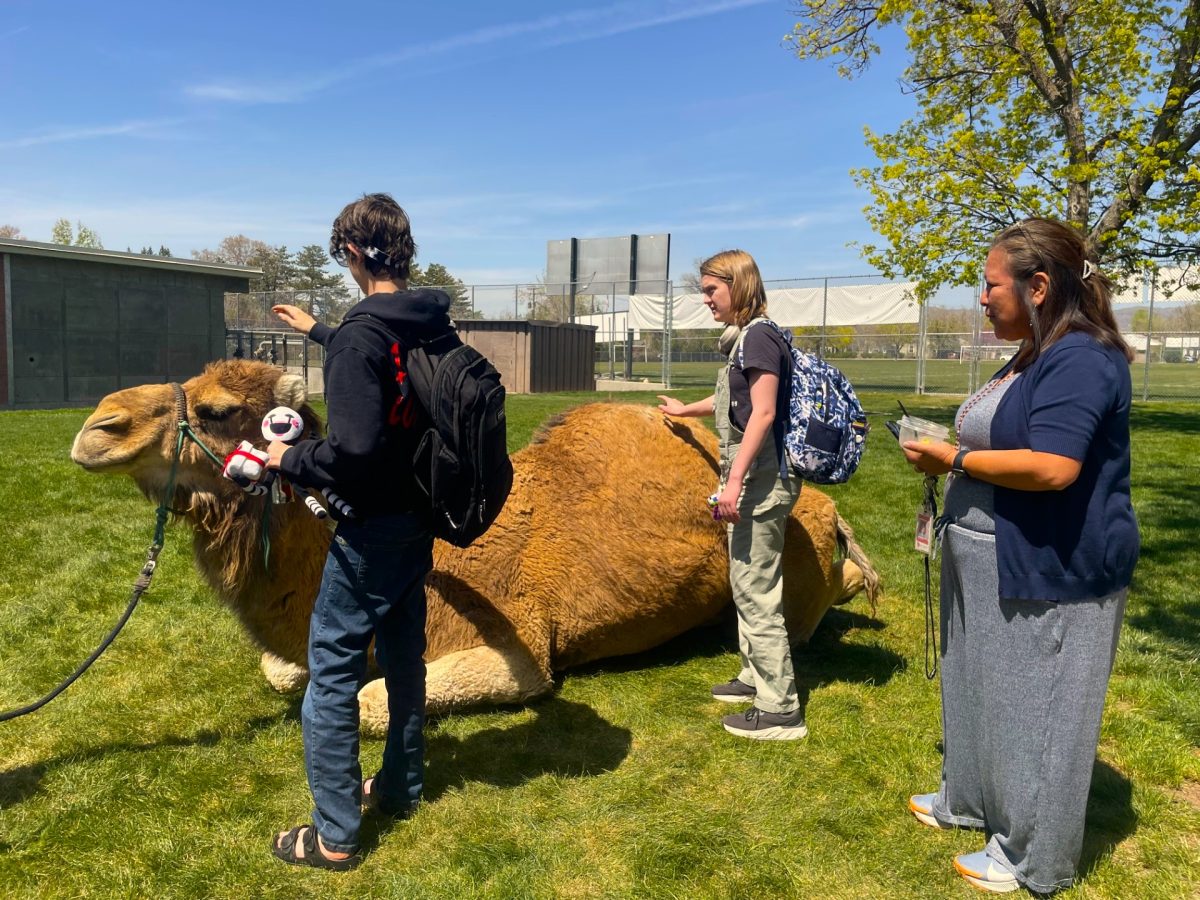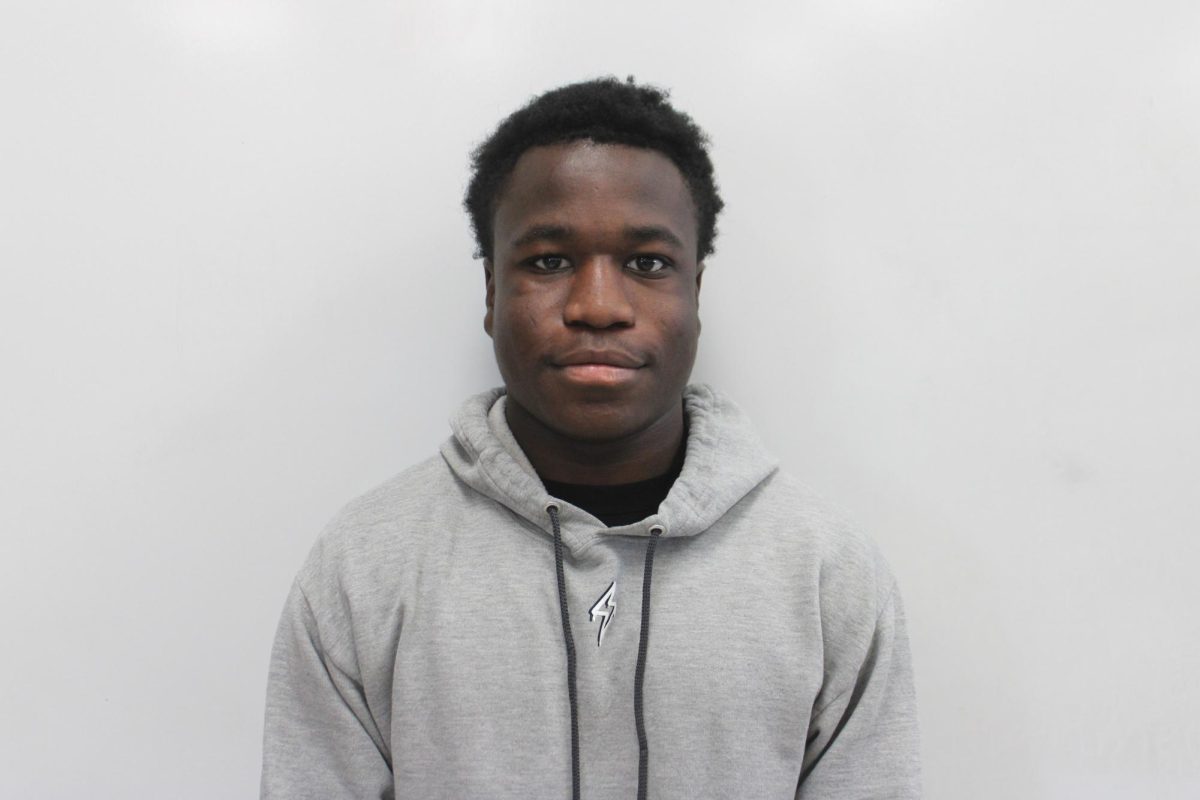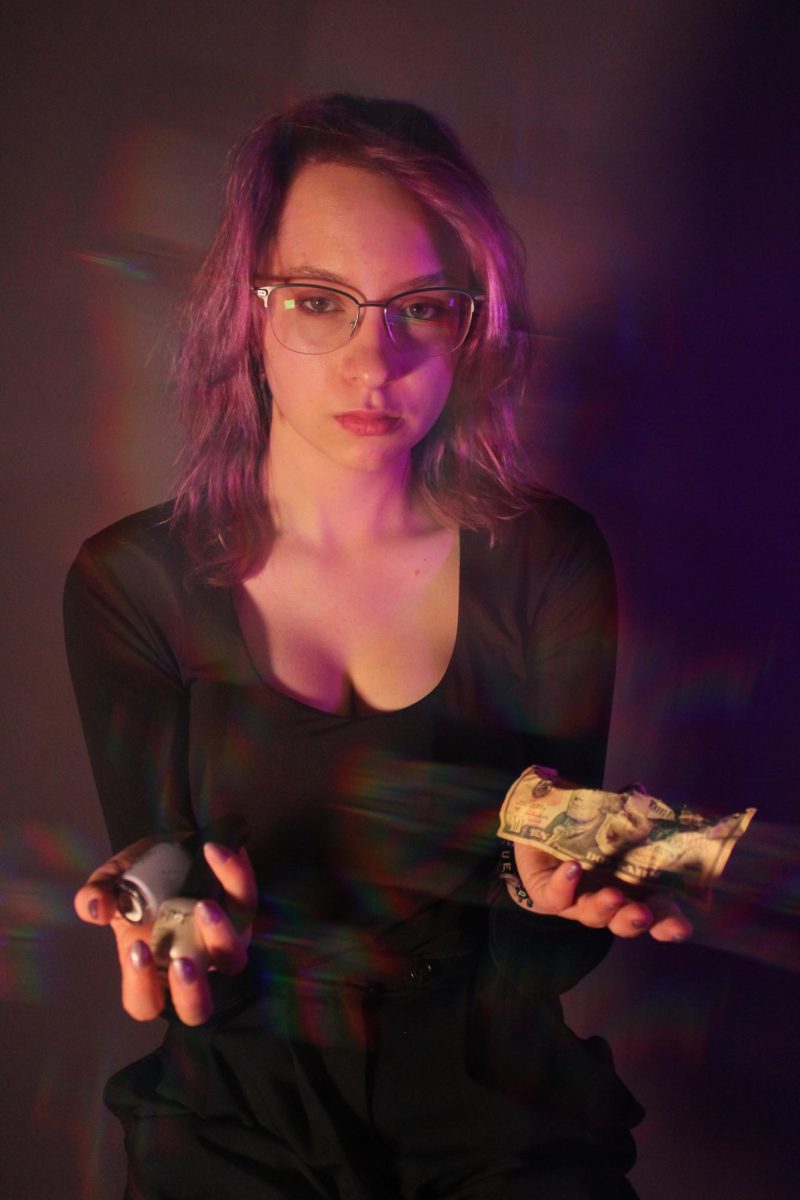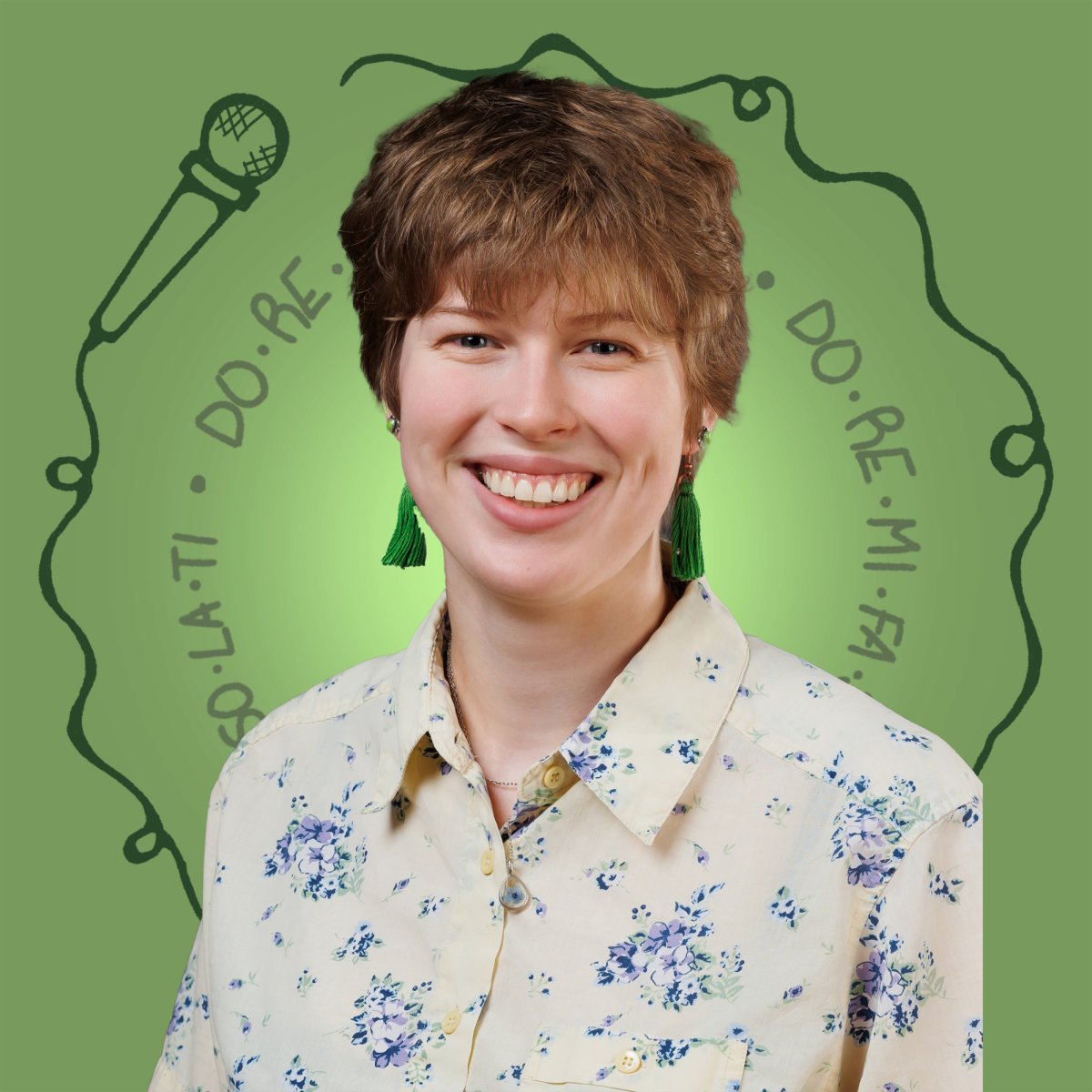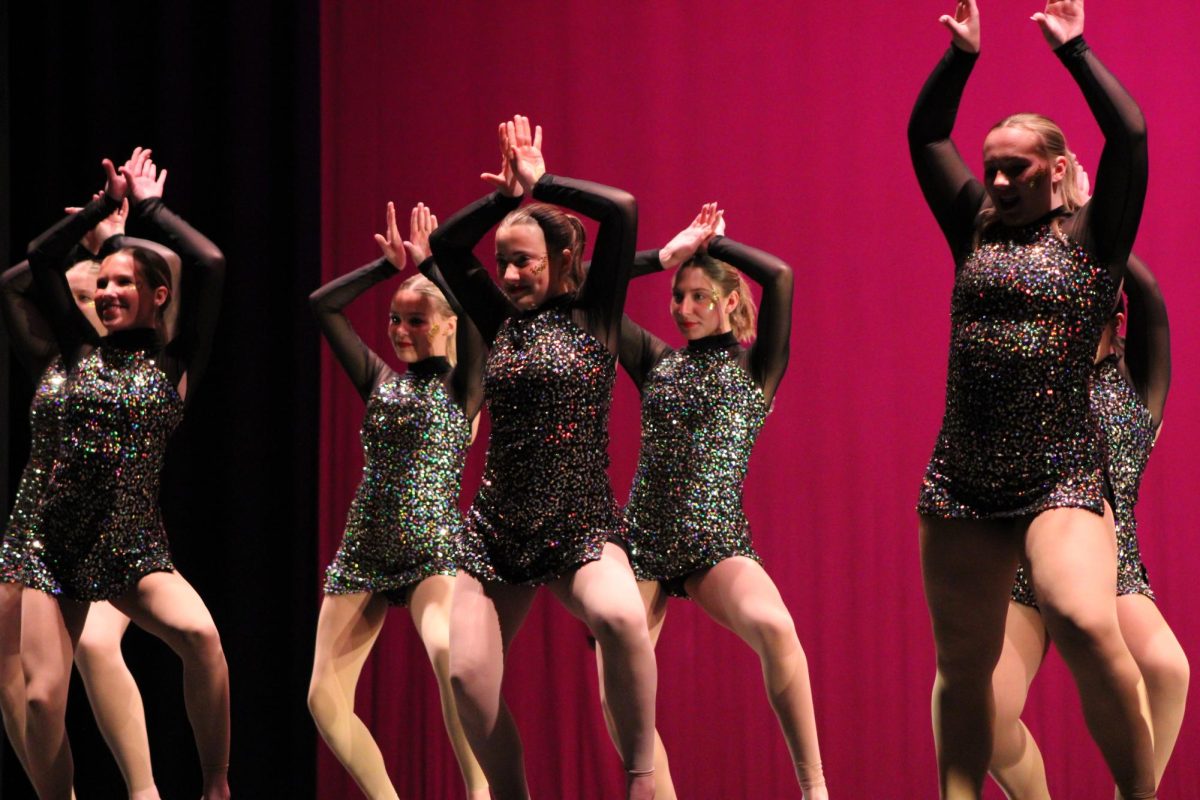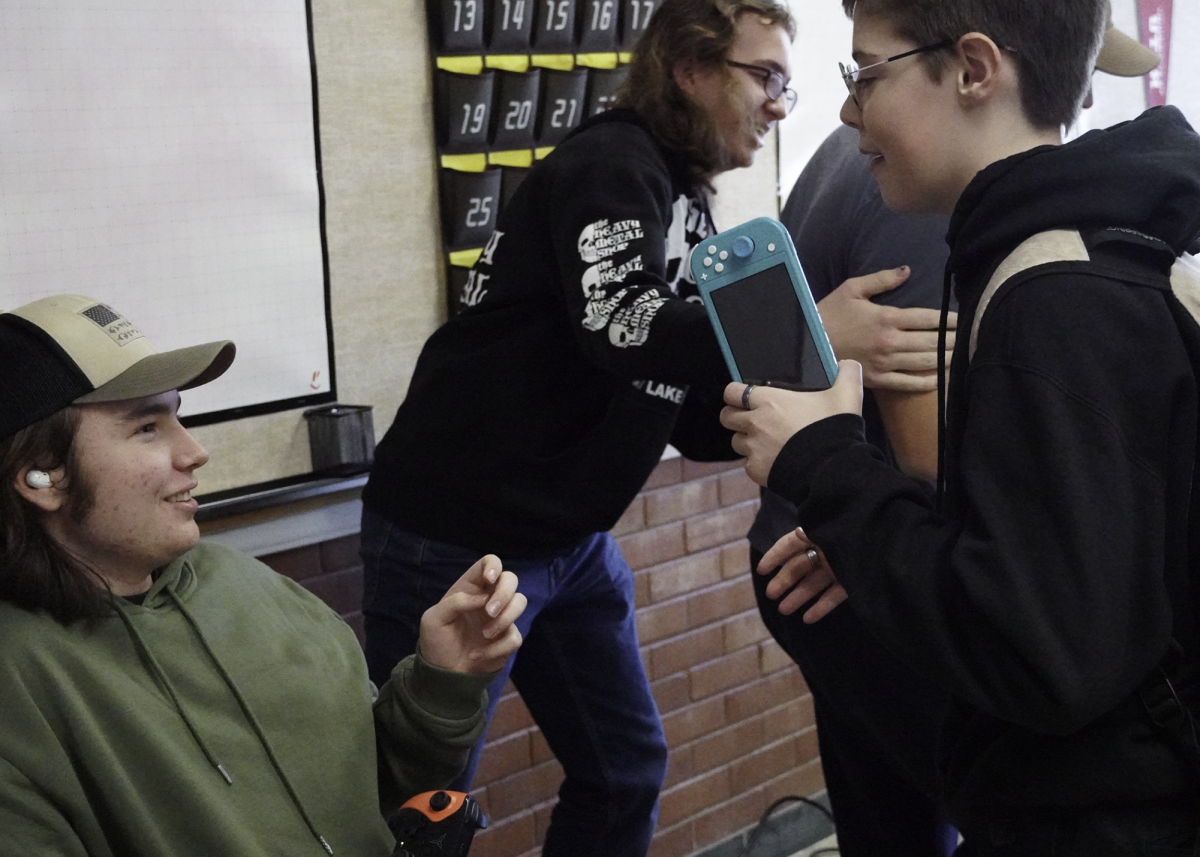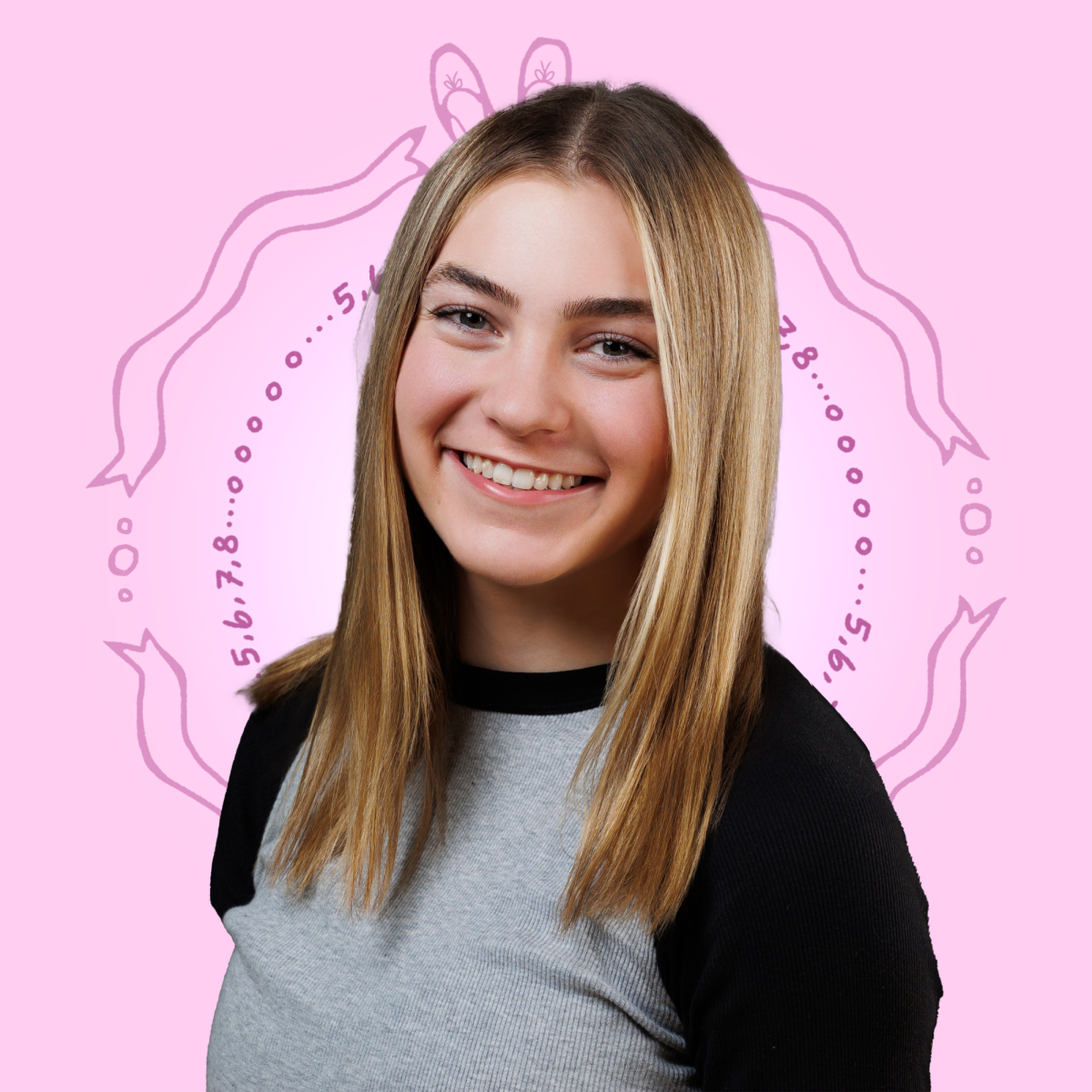Young Adult Entertainment Is Romanticizing Toxic Relationships
December 21, 2020
Several months ago, reality star Cassie Randolph filed a restraining order against the well-loved ‘Bachelor’ alum, Colton Underwood. The charge involved stalking amidst their recent breakup, allegedly sending her alarming anonymous text messages assuming a stalkers’ identity and placing a tracking device on her car.
These unsettling allegations shed light on the potentially abusive partnership that had been proclaimed a “fairy-tale” ending since the show aired.
While the restraining order in question was recently lifted, these cases are far from uncommon. Abusive relationships—whether they take form in a partner’s manipulative tactics or even stalking behavior (as illustrated in Underwood’s indictment) are an incredibly prevalent issue in today’s world.
Unfortunately, these same patterns of behavior that led to a restraining order in the case of Underwood and Randolph are acknowledged in a far different light in popular entertainment—they are even romanticized.
Young adult romances have taken literature and television by storm in recent years as the genre becomes increasingly popular.
This may seem like the perfect opportunity to represent healthy relationships to impressionable teens who may be starting to navigate the dating world—and who might be living on their own for the first time in only a couple years.
But this is not the case.
Abusive relationships in young adult fiction are constantly not only normalized but portrayed as the epitome of romance. Abusive behaviors often persist through the story, are never addressed, yet result in a classic fairy-tale ending.
To say that this is sending the wrong message is an understatement.
Stephanie Meyer, author of the Twilight series, became a multimillionaire in rapid fashion after she began writing the alarmingly popular novels. The issue is not the money she made, nor the frankly dull plot, but the disturbing relationship that has been constantly romanticized and become the center of intense fandoms and enamored teenagers.
The relationship between the main characters, Edward Cullen and Bella Swan, begins when the two start attending the same high school. Seventeen-year-old Bella builds her character off her mindset that she is uninteresting and unattractive and immediately falls for the “bad boy,” Edward Cullen.
As the story progresses, Edward begins to exhibit incredibly alarming behaviors that would merit possible legal action in the real-world.
At one point, Bella wakes to find Edward in her bedroom in the middle of the night. She then discovers that, not only has he been breaking into her house and watching her sleep, but he has been doing it for the last two months without her knowledge or consent. Similarly, Edward also follows Bella on a trip she takes with her friends, and then “rescues” her from a group of men harassing her.
In both instances, Edward claims he does so because he feels “protective” of her. In both instances, Bella and the author portray his actions as neither controlling or at all concerning, but romantic.
Perhaps the most frightening thing about this “romance” is that Bella is afraid of Edward; she lives her life constantly trying to please him or make him happy.
One of the most telling lines from the entirety of the first novel is when Edward forces her to go to prom with him. Her words portray actual fear on her part and Edward as a toxic person who will force her into submission:
“If you weren’t a thousand times stronger than me, I would never have let you get away with this.”
The fact that Edward uses his physical strength and power over Bella’s insecurities to force her to do whatever he wants is proof enough to label this an abusive relationship—even aside from the constant disturbing behaviors he exhibited above.
Twilight is not alone in its romanticized portrayal of toxic relationships. While the assumption may be that people would acknowledge the disturbing messages this genre perpetuates with time (especially since Twilight was first released in 2005), this is far from true.
Netflix, for example, has released multiple romantic-comedies in recent years that I believe actively work against relieving brainwashed teenagers from the toxic relationships they are watching on screen.
The Kissing Booth was a widely successful movie installment from 2018 that generated enough revenue to merit a sequel in July 2020.
The romance in question, between characters Elle Evans and Noah Flynn, was literally introduced when Noah made a sexually harassing comment about her breasts.
While some might argue that this occurred because the two had known each other for their entire lives, I believe that there was no reason this was warranted—especially since it had the role of introducing a romantic partner.
Throughout the movie, Noah exhibits similar characteristics to Edward. He is incredibly controlling—to the point that he threatens guys who take an interest in her, before he and Elle even begin dating.
He monopolizes her dating life and is incredibly condescending to her, including when he says that she was “asking for it” upon her being sexually harassed by another guy. He is physically violent, engaging in several fights, and after fighting in Elle’s “honor,” yells at her to get in his car so they can leave.
Amazingly, it seems that this “good girl fixes bad boy” stereotype has become a crowd-puller, despite the clearly damaging messages it sends to both young men and young women.
There is nothing wrong with the idea of the characters itself, but the fact that they are somehow always manifested in an emotionally, sometimes physically, abusive way is concerning.
Violent behaviors and manipulation are not backwards ways of expressing love; they are a good indication of a need for professional help, not the presence of an attractive girl.
The issue is not necessarily the media portraying these clearly unhealthy relationships in entertainment, it’s the fact they are blatantly romanticized.
For the entirety of the Twilight series, Edward’s actions and unsettling behaviors were never questioned—by Bella or by anyone else. In The Kissing Booth, Noah’s anger issues and controlling actions never faced any repercussions or further examination.
Especially for teenagers who may not have any experience with what a healthy relationship is, I believe this is incredibly damaging.
So, when literature and television geared specifically towards young adults is normalizing abusive behavior in relationships, isn’t it safe to say that the target audience will start normalizing it too?
There is no realistic way to force these disturbing romantic fantasies off the screen, but there are ways to get them off the market—we, as the teenagers that are intended to generate their revenue, need to stop romanticizing them.
When it comes to teenagers, we cannot be equating abuse to normalcy. This irresponsible behavior can trap young adults in abusive relationships, thinking it’s perfectly healthy.
Stalking, manipulation, and violence are not components of a healthy relationship. The “bad boy” attitude as it is portrayed on screen is not an expression of love.
Filmmakers and authors: this is not romance, this is abuse.


